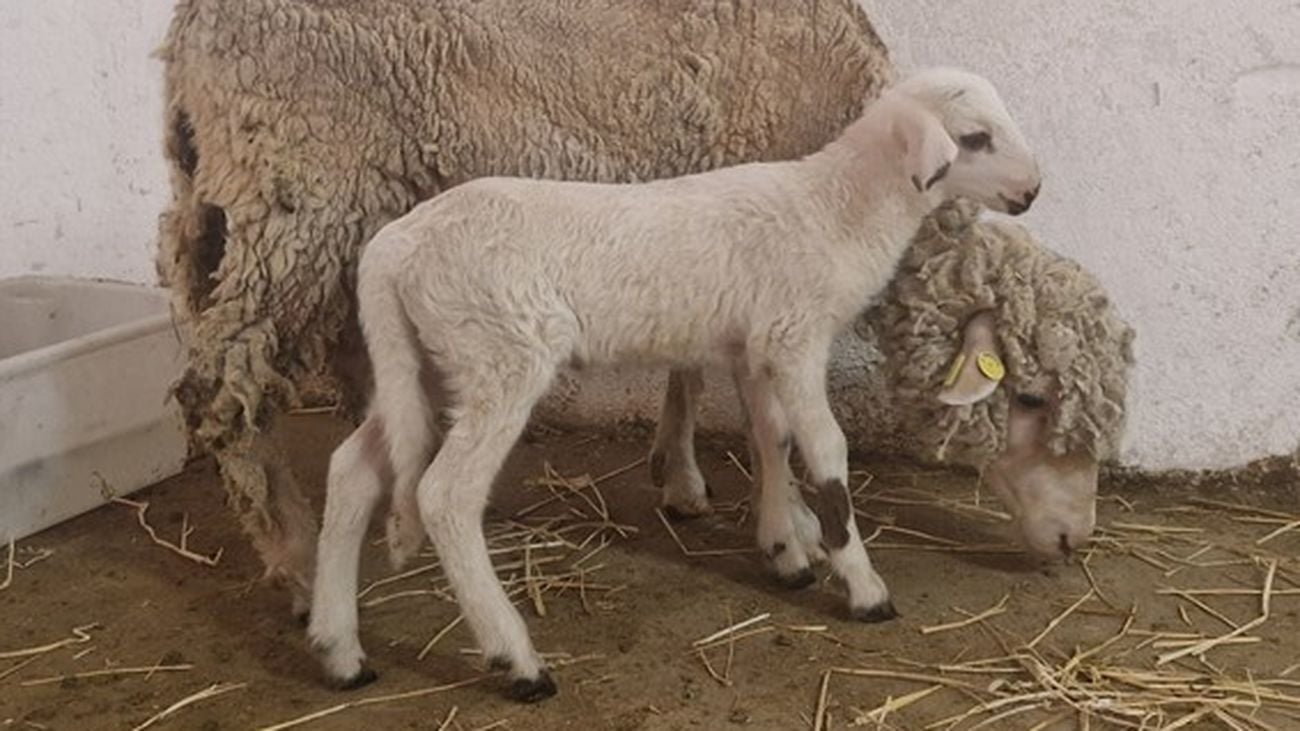THE regional agricultural department in Spain’s Balearic Islands has detected the presence of bluetongue, with a total of 22 sheep left dead in five different farms by the insect-born virus.
The general director of the department, Fernando Fernandez, reported that the disease has arrived in the Mediterranean islands via mosquitos that ended up in the area from France during a weather event in mid-August.
Bluetongue disease is a non-contagious viral disease that mainly affects sheep, cattle, deer and other animals, such as antelope.
The virus is transmitted by midges, and is not known to affect humans.
The disease causes inflammation of the mucous membranes, congestion, swelling and haemorrhages, according to European Commission information.
Sheep are usually the worst affected, with high morbidity and mortality rates among the infected.
The Balearic authorities have informed the central Agriculture Ministry of the arrival of bluetongue on the islands.
It has already been detected in the mainland regions of Catalunya and Aragon, according to a report from radio network Cadena SER.
The Balearic authorities said that this is a new variant, which is more aggressive than others and is causing higher mortality rates among animals.
The last epidemic on the islands was detected between 2021 and 2023, and saw as many as 300 outbreaks.
There is currently no vaccine available, which has prompted the Balearic authorities to call for responsible behaviour to avoid further spread.
As well as being harmless to humans, the virus also has no effect on the consumption of lamb or mutton.








